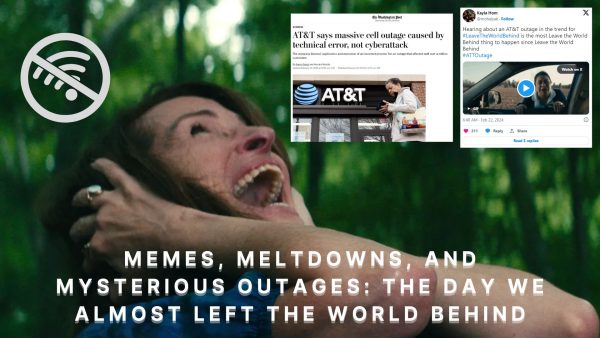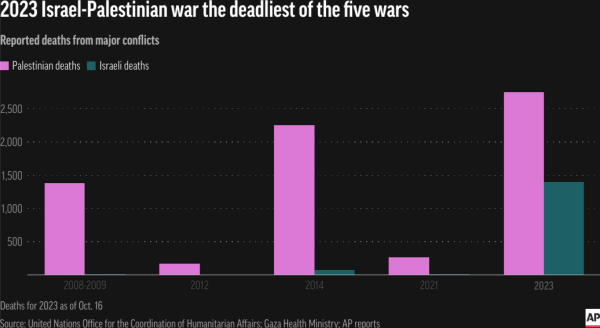Predicting Peak Oil: Why It’s Never Right
In 2014, BP published a report suggesting that the world has 53.3 years of oil remaining. Under that estimate, the last drop of oil will be drawn from the Earth within our lifetimes, but we’ll be feeling the effects of that shortage many years before then. Should we be worried?
Probably not.
If the scientists at BP were right, by the time we’re getting ready to retire, the world’s oil supply will be completely depleted. Even before the last drop is extracted, the effects are going to be felt decades in advance, well during the “prime” of our lives. Despite that, right now at the pump, I’d say we’re all feeling pretty good about gas prices.
Oil is a tricky game. Even though people are worried we are “running out” of oil, gas prices in the area are the lowest since 2005. Two major factors are at play: the environmental effects and the actual supply itself. Climate change is very real and our use of fossil fuels is a huge contributor, but for now we’ll just look at the actual supply problem. Are we running out? Is it too late to start pursuing alternative energy? Let’s take a look.
Ever since we started pumping it out of the ground in the 1850s, there have been people estimating when we would run out of oil. In the 1890s, it was reported that the world only had about 95 million barrels of oil left. Today, the number is up to 1.65 trillion and is growing every year.
In the 1950s, M. King Hubbert, a prominent Shell geologist devised the “Hubbert peak theory.” He predicted that oil production would peak in the United States during the 1970s. For forty years, his predictions have held. But the one thing that is always hard to predict is the advent of new technology.
With new methods of detection and drilling, the United States is currently experiencing an oil boom. Since 2010, oil production has skyrocketed. The Department of Energy projects that by 2019, the United States will be producing more oil yearly than ever before, becoming the largest oil producer in the world. Three years ago, ABC News reported the discovery of an oil deposit that holds more oil than OPEC , an intergovernmental organization of oil-producing nations. There is estimated to be 3 trillion barrels, double the amount of total proven reserves alone.
Resources are the drivers of the economy. Without oil and its fueling power, modern life as we know it would be an impossibility. As technology advances, we will continue to find new sources of oil. So, let’s try to run the numbers and get a better estimate.
When we hear about how much is left, we are talking about “proven reserves.” This is the number of barrels that is most likely to be extracted. “Unproven” reserves talks about oil that has a 50% chance of being extracted or less with current technology. If all of that could eventually be recovered, we could have as many as 5 trillion barrels to work with. Under that number, we have supplies to last much longer than BP anticipates.However, most of that oil requires better technique and technology, some of which do not even exist yet.
Some estimates are even higher. Even more recently, a chief economist at BP said he thinks the world will probably never run out of oil, contradicting his employer’s report from last year.
So how much is actually left? Nobody really knows. We’ve been trying to predict how much is left ever since he started drilling for it, and we’ve been wrong every single time. Nobody can credibly answer this question, or even answer with 100% certainty that we’re even going to run out at some point.
When it comes to the use of fossil fuels, the problem is not that we will run out. The problem is the nearly irreversible effects of using them. But for the time being, our society will run on oil for some time to come.













